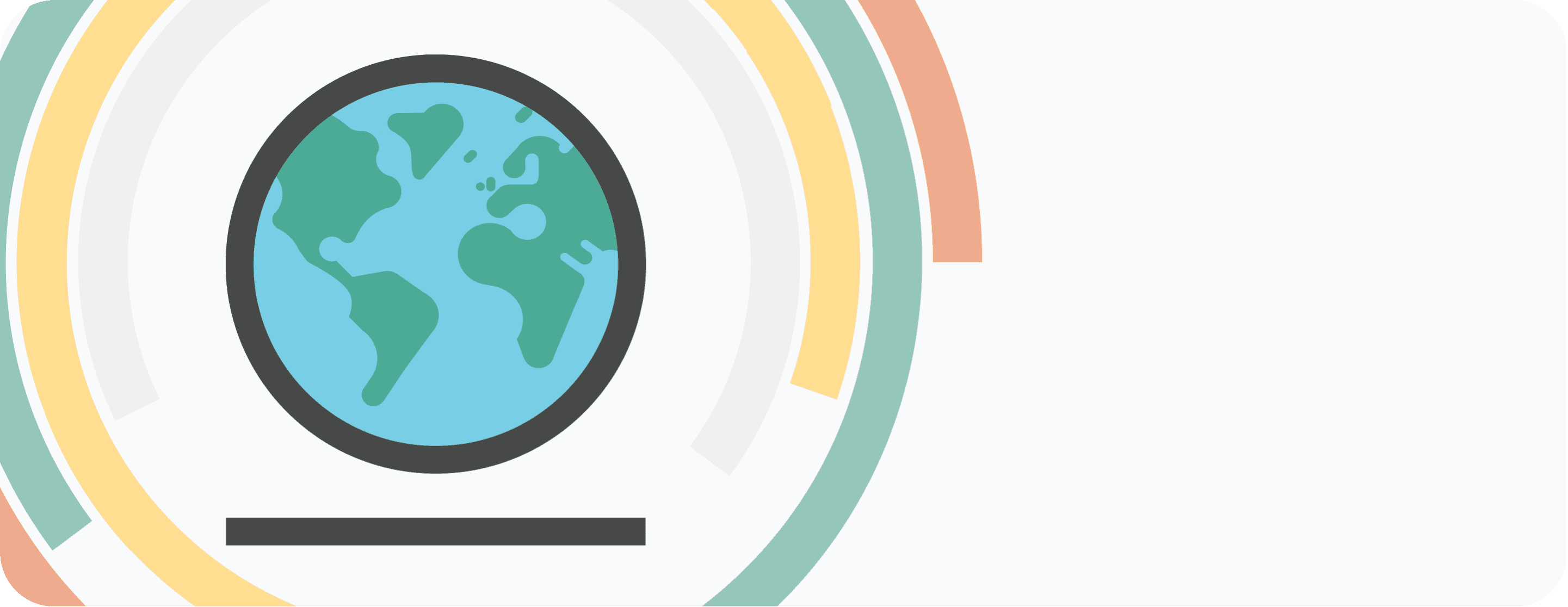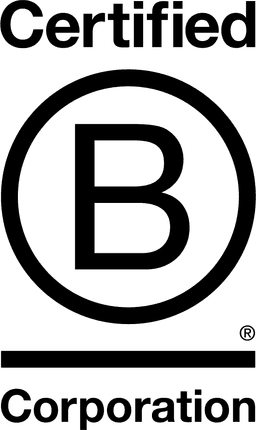

Alessi s.p.a.Società Benefit

1.6
Province of Verbano-Cusio-Ossola, Italy
May 2017
Other manufacturing
Manufacturing
China,
France,
Germany,
Italy,
United Kingdom,
United States
Founded in 1921, Alessi is one of the leading internationally renowned Italian Design Factories. Alessi has produced thousands of products over the decades, many of which have become icons of contemporary design and are displayed in more than 50 museums all over the world. Alessi's main characteristics are its ability to combine the typical needs of a modern business with being a research laboratory in the field of the Applied Arts, and include different categories of typical products for the kitchen, table and home. The production of pieces in cold-pressed stainless steel is the company’s core business and still takes place in Italy, in the factory at the head office in Crusinallo. This certification recognizes the key principles of doing business for Alessi: to create value for the community by pursuing the benefit of the company, which is achieved thanks to the continuous research of the balance between producing economic value, creating products intended and developed as artwork, and caring for people inside and outside the company.
Overall B Impact Score
Governance 16.9
Governance evaluates a company's overall mission, engagement around its social/environmental impact, ethics, and transparency. This section also evaluates the ability of a company to protect their mission and formally consider stakeholders in decision making through their corporate structure (e.g. benefit corporation) or corporate governing documents.
What is this? A company with an Impact Business Model is intentionally designed to create a specific positive outcome for one of its stakeholders - such as workers, community, environment, or customers.
Workers 29.0
Workers evaluates a company’s contributions to its employees’ financial security, health & safety, wellness, career development, and engagement & satisfaction. In addition, this section recognizes business models designed to benefit workers, such as companies that are at least 40% owned by non-executive employees and those that have workforce development programs to support individuals with barriers to employment.
Community 15.3
Community evaluates a company’s engagement with and impact on the communities in which it operates, hires from, and sources from. Topics include diversity, equity & inclusion, economic impact, civic engagement, charitable giving, and supply chain management. In addition, this section recognizes business models that are designed to address specific community-oriented problems, such as poverty alleviation through fair trade sourcing or distribution via microenterprises, producer cooperative models, locally focused economic development, and formal charitable giving commitments.
Environment 18.3
Environment evaluates a company’s overall environmental management practices as well as its impact on the air, climate, water, land, and biodiversity. This includes the direct impact of a company’s operations and, when applicable its supply chain and distribution channels. This section also recognizes companies with environmentally innovative production processes and those that sell products or services that have a positive environmental impact. Some examples might include products and services that create renewable energy, reduce consumption or waste, conserve land or wildlife, provide less toxic alternatives to the market, or educate people about environmental problems.
Customers 9.6
Customers evaluates a company’s stewardship of its customers through the quality of its products and services, ethical marketing, data privacy and security, and feedback channels. In addition, this section recognizes products or services that are designed to address a particular social problem for or through its customers, such as health or educational products, arts & media products, serving underserved customers/clients, and services that improve the social impact of other businesses or organizations.
What is this? A company with an Impact Business Model is intentionally designed to create a specific positive outcome for one of its stakeholders - such as workers, community, environment, or customers.